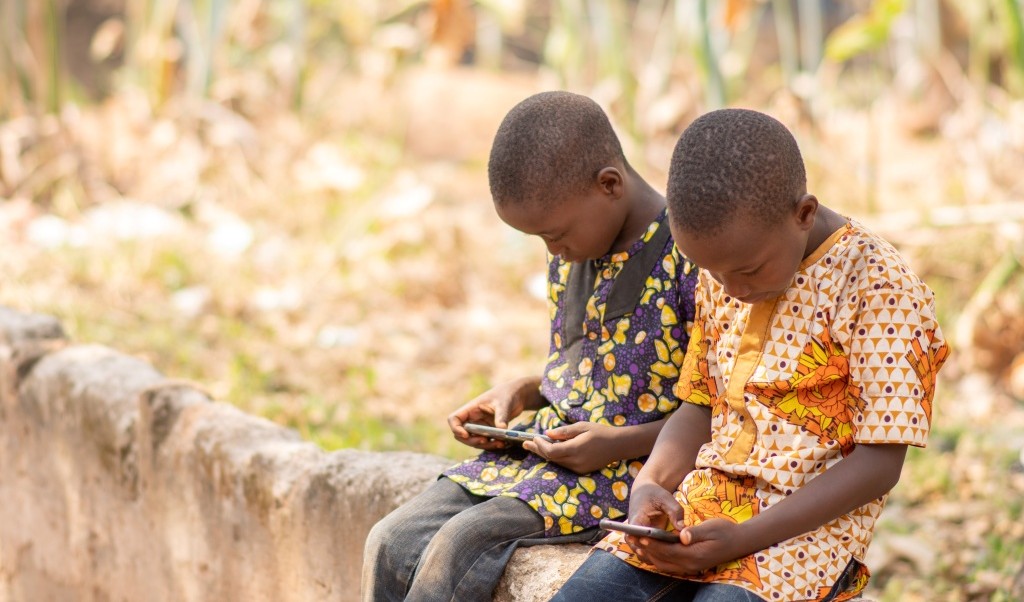We, as guest editors, are seeking expressions of interest for a special issue of Global Studies of Childhood, entitled Children as rights holders in the digital world.

Interested contributors should send a 500 word abstract (250 words for non-academic work) and a short bio of each author by 30 September at [email protected].
Recent developments aimed at restricting children’s access to digital and social media across the globe, including Australia, Europe, China, and some parts of the US for example, open up questions about the social constructions of childhood. Such policy changes have a direct and, in some cases, profound impact on children’s life experiences and abilities to exercise their rights in the digital environment, including engaging in public life and seeking information, and their rights to culture, leisure and play, to mention a few. In response to these developments and calls for more child-centric research, we are editing a Global Studies of Childhood themed issue on ‘Children as rights holders in the digital world’.
Digital and social media use is almost ubiquitous among teenagers. Nearly all US teens (96%) report using the Internet daily, and globally approximately 30% of Internet users are children, with an even higher proportion of child users estimated in the global South. Young people continue to make up the highest proportion of social media users.
In Sub-Saharan Africa, children make up the majority of mobile users, although digital media use and access to devices among children and youth vary significantly across diverse settings. We also see increasing use of smartphones and tablets in early childhood globally, and although the use of social media is still limited among toddlers and preschoolers (0-4 years old) 16% of Swedish children aged 5-8 see their friends online regularly. In their annual study of children’s relationship with the media and online worlds, Ofcom recently reported that use of social media and apps among 5-7-year-olds in the UK has increased year-on-year. For many children, measures such as lockdowns and school closures, introduced during the Covid-19 pandemic, meant that even more of their daily lives moved online.
Recent developments and children’s digital worlds
Recent public debate across several international settings focuses predominantly on the risks and perceived harms associated with children’s digital screen and social media use. Governments and policymakers have advocated for implementing new age restrictions and other restrictive measures, such as restricting children’s use of smartphones. Most social media platforms require users to be 13 or older to have a user account. However, age limits are regulated differently across different countries, and recently, we have seen some rollback of younger teenagers’ access to social media, such as Australia’s social media ban for under 16-year-olds; France’s lobbying for an EU-wide policy, modelled on French law, requiring parental authorisation for children under 15 to use a social network service; mirrored by a similar call for a 15+ age limit by Denmark’s Prime Minister; Instagram’s introduction of a ‘teen’ (parental control) version in the UK; and several other countries implementing restrictions aimed at limiting social media use for teenagers under 16 (Livingstone and Sylwander 2025). The Australian social media ban is seen as a test case keenly observed across the globe by those actors seeking to advocate for regulatory interventions.
Accountability in a highly commercialised online environment is paramount, and making social media platforms, apps, and other online services more responsible for user safety is important. Policies aimed at strengthening children’s rights in online environments concerning datafication, privacy, and consent are positive developments. However, debates on the ‘banning of’ or introducing new restrictions to children’s access to digital and social media are dominated by deficit approaches and relatively narrow protectionist perspectives, with the view to protect children from various harms and risks, either as mediated through social media platforms (e.g., bullying, exploitation, ideological influencing) or as associated with the use of devices (e.g., screen time) or the techno-social dimension of platforms (e.g., ‘addiction’, social pressures).
Sign up for our Participation, inclusion and social change newsletter
Increasingly, evidence is emerging on how simplistic approaches to limiting children’s time spent on screen-based media have proven ineffective. However, more importantly, little attention has been given to the impact on groups of marginalised children and young people for whom the digital connections offered by social media and other internet-based platforms are vital. The impact of restrictive approaches, for example, on refugee and migrant young people, LGBTQ+ children, and children with disabilities, as well as other invisibilised groups, is not greatly understood and notably absent from both policy and public discourse. Furthermore, little attention has been given to the role of digital and social media in children’s political discourse and civic participation, which may be impinged upon following rollback measures.
Some of the potential questions the issue will ask are:
- What consequences do policy-based restrictions or algorithmic steering of content have on diverse children’s digital lives and their rights?
- How can children’s rights support children’s digital civic engagement?
- How do children understand, experience and voice their opinions on surveillance and tracking technologies and/or the harvesting and monetisation of their data?
- How will AI impact child rights and how can child rights be considered in AI development?
- How do children engage in issues around their future with AI and how will children’s voices be incorporated?
- How are children’s interests and desires informing technology development?
- How do children mobilise and use digital media for social change or become activists to promote issues they care about?
- How can invisibilised children be considered and included in decision-making and knowledge production?
- What does children’s creative use of digital media look like?
- How do children build digital cultures and communities?
Please feel free to direct any queries to the editorial team: [email protected]
Read the full version of the call
